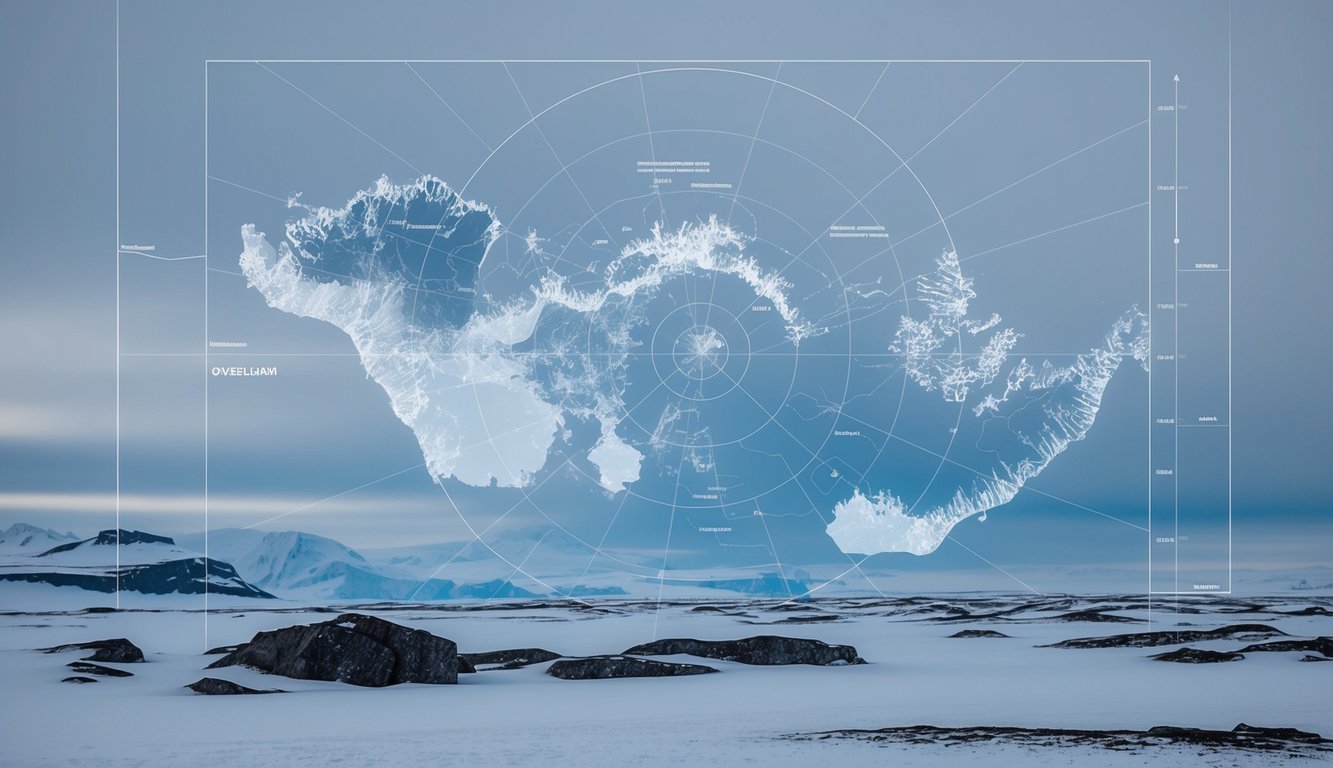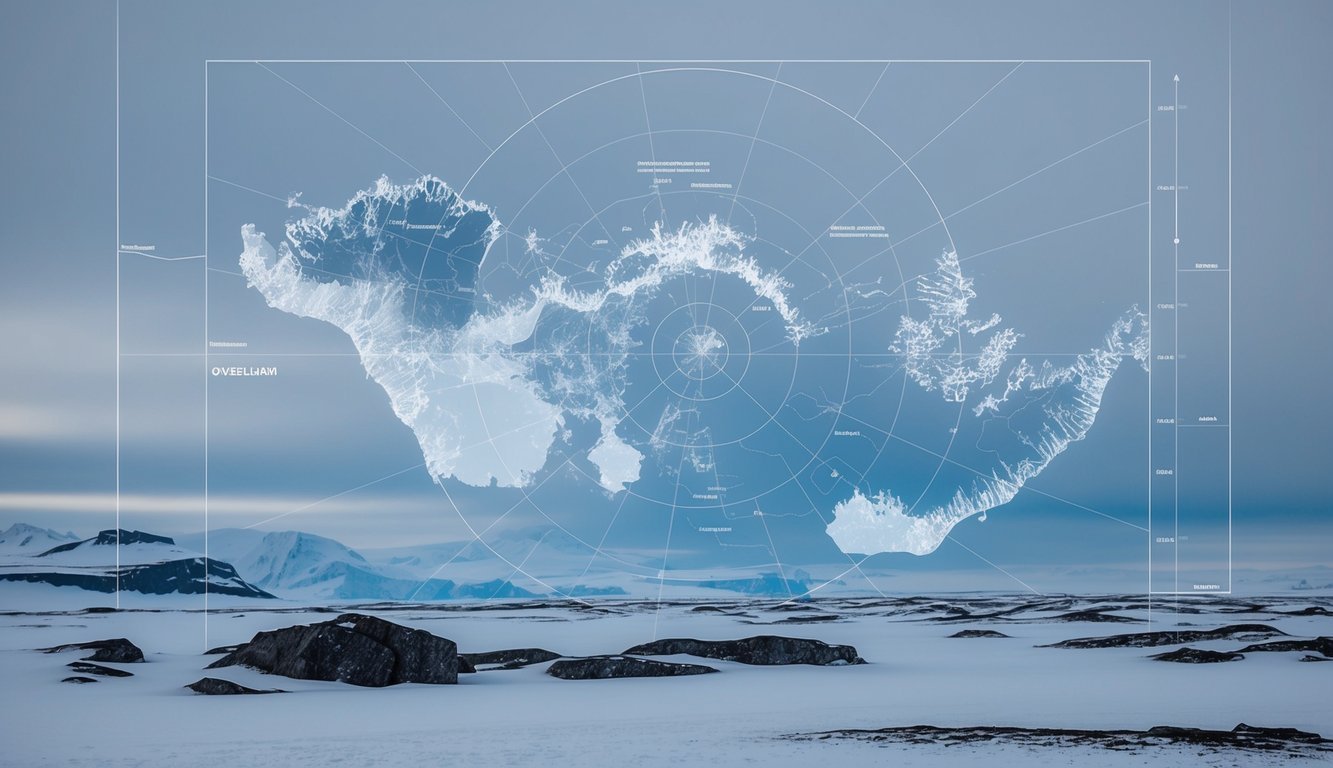
In recent discussions, the idea of the United States acquiring Greenland—a self-governing territory under the Kingdom of Denmark—was brought back into focus, particularly due to comments from President-elect Donald Trump in 2019. He suggested purchasing the territory, claiming that such proposals have historical precedent in U.S. actions.
Historical Context of Territorial Acquisitions
Acquiring territories is a rare occurrence in modern geopolitics, raising the question of how one would place a financial value on an entire region, state, or nation.
The significance of Greenland has been acknowledged by the United States since the Cold War. In 1946, President Harry Truman offered to buy Greenland for $100 million in gold, but Denmark, much like in recent years, promptly turned down the proposal.
Although the concept of one country purchasing land from another may seem unusual today, historical examples exist. The United States expanded its borders significantly in the early 1800s, highlighted by the Louisiana Purchase from France in 1803 for $15 million. After the Mexican-American War, compensation was provided to Mexico for additional territory, and in 1867, Alaska was acquired from Russia for $7.2 million. In 1917, the U.S. also purchased the U.S. Virgin Islands from Denmark for $25 million. Other nations, such as Japan, Russia, and Saudi Arabia, have also engaged in similar territorial transactions.
Valuation Challenges of Territories
Assessing the value of a country or a territory like Greenland is inherently complex. Unlike corporate valuations or assessable physical assets, nations encompass a mix of tangible and intangible factors that make straightforward evaluations challenging.
A common approach to establishing a value is through the assessment of gross domestic product (GDP), which measures the total value of goods and services produced within a specific timeframe. However, relying solely on GDP may overlook long-term potential benefits, including future economic output.
In the case of Greenland, current economic activities and the territory’s unrealized growth potential are crucial elements for evaluation. This includes not only the present workforce and industries but also the quality of human resources and the availability of natural resources.
The underutilized natural assets in Greenland add significantly to its valuation. The territory is believed to have considerable reserves of rare earth elements, precious metals, uranium, and potential offshore oil, all of which are not reflected in its existing GDP.
When evaluating the worth of specific national assets, a more objective methodology can be applied. For instance, calculating the value of something like the Panama Canal often involves estimating future income based on usage patterns and operational costs, a method widely accepted in the field of financial analysis.
Modern Implications and Challenges
The rarity of modern territorial acquisitions can be ascribed to several factors. Historically, land sales primarily benefited political elites, which has led to resistance from local populations. In democratic societies, such transactions must demonstrate clear, measurable benefits to people, a significant challenge.
Moreover, national identity is often closely linked to territorial integrity, prompting governments to reject offers regardless of potential advantages. The prevailing international norm against changing borders stems from concerns over provoking broader territorial disputes and conflicts.
In conclusion, while exploring the potential valuation of Greenland may be a theoretical exercise, the practicality of such a transaction aligning with modern ethical standards and geopolitical realities remains highly uncertain.
“`htmlStudy Details:
- Title: If Greenland were for sale, what would it be worth? How to put a ‘price tag’ on a territory
- Authors: Susan Stone and Jonathan Boymal
- Publication Date: January 11, 2025
- Source: The Conversation
- Link: https://theconversation.com/if-greenland-were-for-sale-what-would-it-be-worth-how-to-put-a-price-tag-on-a-territory-246884

